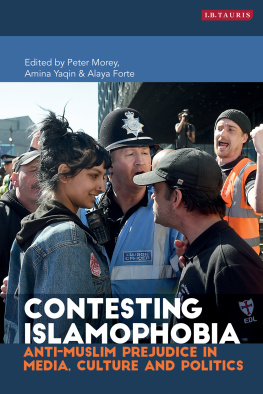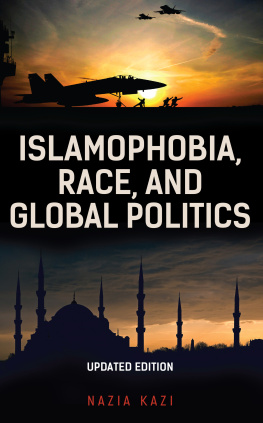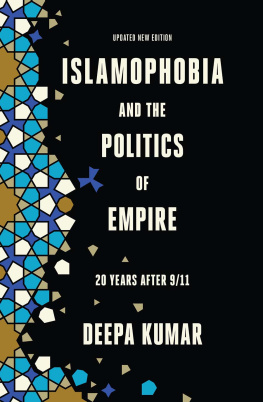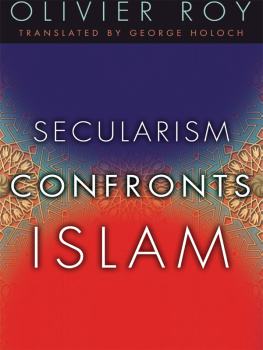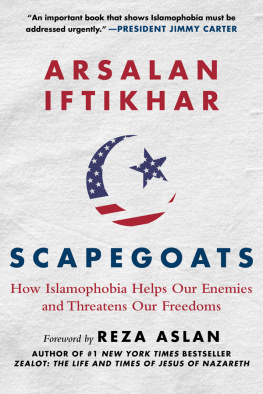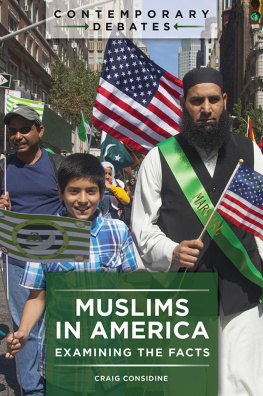The first edition of Pour les musulmans was published in September 2014. With official ceremonies and presidential speeches, France was then remembering the fatal chain of events that had dragged Europe and the whole world along with it into catastrophe, blindness and massacre a century before. These commemorations, recalling the warnings that, far from being heeded at the time, were scoffed at and slandered, should have served as an alarm against bellicose slogans of national identity. Slogans that lead peoples to abdicate clarity of mind to the point of abandoning their own humanity.
We need only listen again to Jean Jaurs, whose murder on 31 July 1914 heralded the eclipse of European reason. To remember, for example, the Speech to the youth that the founder of French socialism delivered at the Lyce Albi in 1903. Courage, Jaurs said, does not mean maintaining over the world the terrible cloud of war, which, while still dormant, one can always flatter oneself will explode on others. Courage does not mean leaving in the hands of force the solution to the conflicts that reason can resolve. Courage means the exaltation of man, not his abdication. Jaurs emphasized that courage meant seeking and telling the truth; not accepting the law of the triumphant lie, and not echoing, with our soul, our mouth and our hands, the imbecile applause and fanatical cries. This is what he called breaking the circle of fatality, the iron circle, the circle of hatred, in which even just demands provoke reprisals that boast of being similarly just, in which war follows war in a movement without end or solution, in which law and violence, clad in the same bloody livery, can hardly be told apart, and in which a torn humanity weeps at the victory of justice almost as much as at its defeat.
A year has passed since this centenary of the start of Europes brutalization at its own hand, with its nationalist passions and deadly identities bent on diverting peoples from common democratic and social causes by creating scapegoats for their resentments. And it is clear enough that in France this pedagogy of memory was not enough to prevent the start of a repetition of the same tragic errors in the face of the worlds uncertainties, its unpredictable pitfalls and unexpected dangers. As if our leaders today, despite being the official heirs of that French socialism inaugurated by Jaurs, fiercely reject his legacy. They have neither learned nor understood anything from him.
From the attacks in Paris of January 2015 to the massacres of November 2015, this book has been overtaken by the threat that it sought to forestall: the bloody feasts of hatred and fear in which crimes of terrorism pave the way for the state of exception. As a plea against the growing stigmatizing of my compatriots of Islamic culture or belief, collectively identified with a violence for which they are fundamentally not to blame, Pour les musulmans was not enough to trigger the awareness that it called for. Not only have Islamophobic actions increased in the wake of the Paris attacks, but prejudice towards Muslims, essentialized en bloc despite their profound diversity, has grown increasingly banal within the ambit of a public debate polarized by the far right, espousing its agenda and subject to its hegemony even in the electoral arena.
The books detractors scarcely took the trouble to read it, condemning it simply for its title. As if standing up for Frances Muslims was not a gesture of fraternity with people who are just like us, but an act of collaboration with the enemy. Prejudice makes people lazy. Unable to accept a rational and informed debate, they avoid it by invective, slander and anathema. At best, I was classed among the useful idiots of an undefined Islamism, deprived of history and complexity and reduced to terror alone. At worst, stereotyped and essentialized in my turn, I was identified with the anti-France dear to our far right, this spectre brandished for the purpose of an appeal to national purification by the eradication of all difference and the elimination of all dissidence.
For these sowers of discord, harbingers of a civil war of which the people in all their diversity would be the first victims, the builders of bridges and weavers of ties are priority targets. The first voices they want to silence, by caricaturing and disqualifying them, are those that call for dialogue and encounter, knowledge and discovery. Those that, arguing against a competition in victimhood, spread the lesson of commonality and shared injustices, without distinction of origin or belief, belonging or appearance.
It was from this point of view that Pour les musulmans was found to be so disturbing. All the more so as, by echoing Zolas Pour les Juifs, it refused to set one suffering against another, Islamophobia against anti-Semitism, calling on the contrary for the victims of racist and xenophobic passions to understand how their destinies are linked, how intolerance is like a nest of Russian dolls, its targets being all minorities, all difference, all dissidence. In different latitudes and with many faces, from Marine Le Pen to Donald Trump, not to mention Vladimir Putin, Islamophobia today fulfills the cultural function that fell yesterday to anti-Semitism, in the last crisis of Western modernity: to impose the ideological hegemony of a national identity of exclusion and rejection, intolerant towards minorities. By setting up, and feeding prejudice against, the figure of the enemy withinunassimilable, foreign, corrupting, threatening, etc. the national body can be forced into a single identity, defined and defended from above, which blocks any challenge to the established order.



